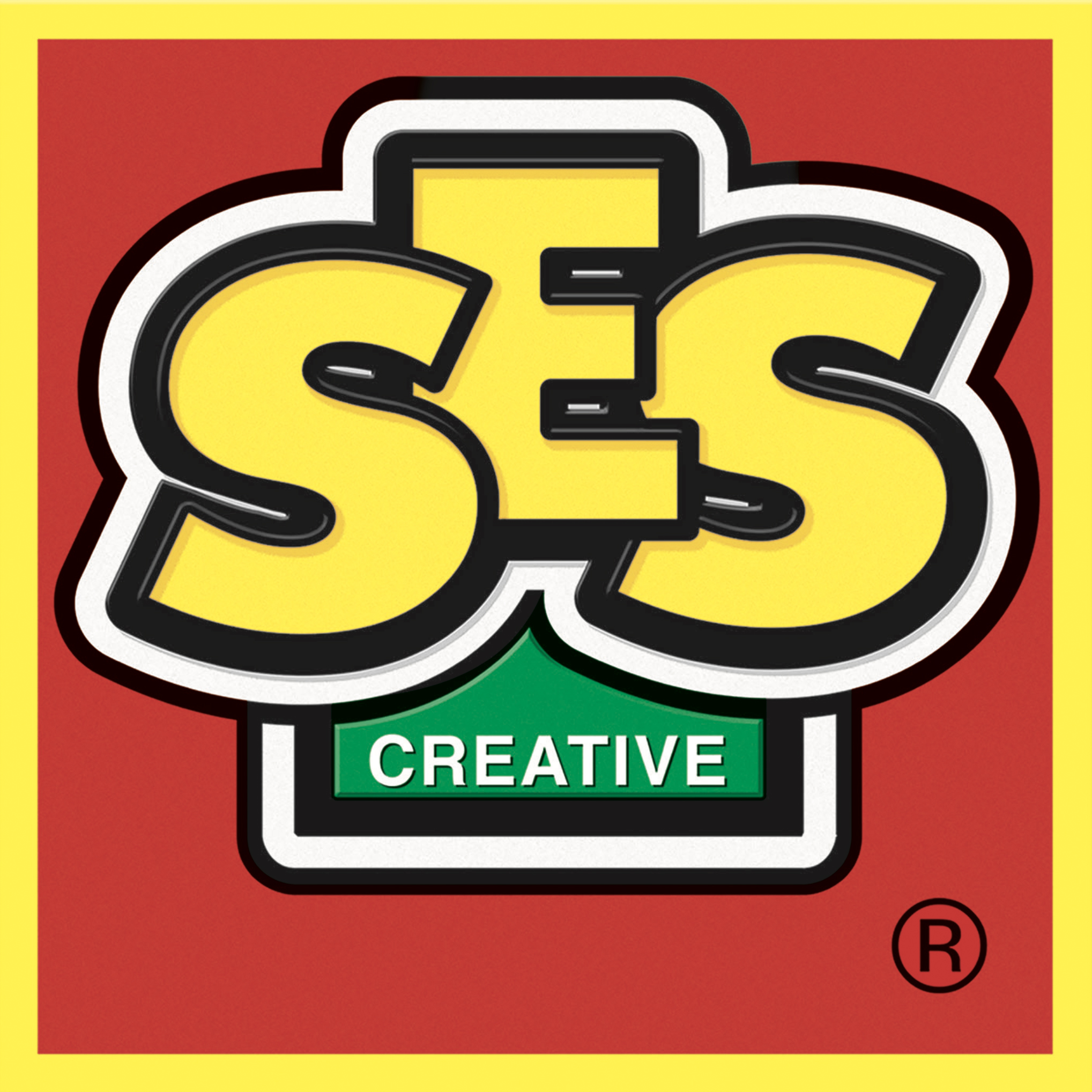What is CO₂?
CO₂ in itself is a harmless gas that occurs in our atmosphere. We need it to have a warm earth. CO₂ is stored in fossil fuels (petroleum, coal, natural gas) and is released when the fossil burns. When too much is emitted, the earth warms up too much. This is the so-called greenhouse effect.
What is CO₂ compensation?
CO₂ emissions are a major cause for climate change. Nature plays a crucial role in combating climate change because trees extract CO₂ from the air. CO₂ consists of carbon (C) and oxygen (O₂). The trees store carbon, and they release oxygen into the air. Trees mainly absorb CO₂ as they grow. The carbon they store in the growth phase remains in the tree. When the wood burns or rots away, the carbon is released back into the air as CO₂. By protecting forests and ensuring that the trees are not cut down, the stored carbon remains in the tree and, consequently, you can compensate CO₂.
The project is implemented in accordance with the principles of the Verified Carbon Standard (VCS), which is currently the most commonly used standard for CO2 compensation projects. We also take into account the Climate, Community & Biodiversity (CCB) Standard, which seeks to ensure that — in addition to fighting climate change — projects support the local community and maintain or even improve biodiversity.
Why is protecting so important?
Everywhere in the world, forests are disappearing. Every year, the world destroys 26 million hectares of forest, which is the size of the United Kingdom. Ninety percent of that deforestation comes from agriculture and urbanization. Deforestation contributes thirty percent to the rise in CO₂ levels.
The lost CO₂ storage from annual deforestation exceeds the total CO₂ emissions from all of Europe. If everyone (companies and people) protected and kept forests as compensation for residual emissions as well as reduced their carbon footprint, deforestation would be halted or even turned into forest growth with the positive CO₂ uptake results arising from those actions.
How do we proceed?
The project consists of two parts, which are the purchase and management of the forest areas. The purchase of land is made on an individual basis. Several companies collaborate in the maintenance and management of the areas. The costs of this collaboration are borne by a few companies that compensate for their own CO₂ and at the same time are committed to improving nature in Europe.
Each cooperating company has purchased existing or neglected forest land. All self-purchased, individual land is the basis for the CO₂ compensation calculation of each company.
An employee has been hired to manage the forest and, where necessary, coordinates and directs additional hiring specialists for forestry and nature management. The hired forest manager supervises the protection of forests, nature and trees against unwanted felling and other activities by third parties.
In addition to the wages of the forest manager, other costs include the costs of removing trees afffected by diseases and vermin such as the tree beetle; the costs of planting and renewing forests; the purchase, rental and maintenance costs of necessary equipment, seeds, trees and other forest materials.
The companies will cover various costs on an open- calculation basis and settle this annually, so that each company makes a fair contribution to the project.
